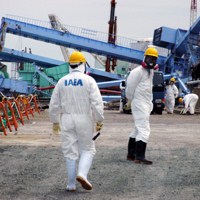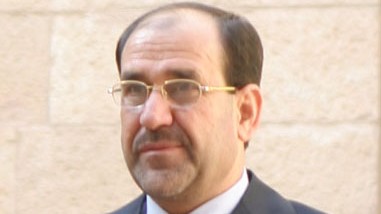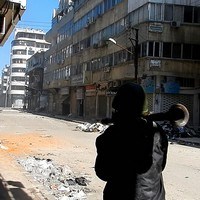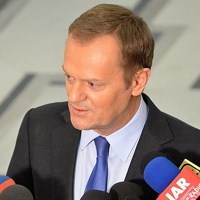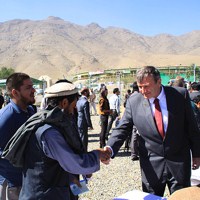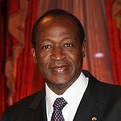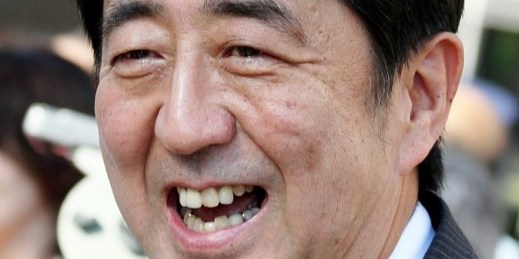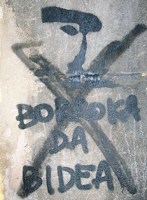
South Korean President Park Geun-hye’s mid-January visit to New Delhi marked the steady elevation of her country to the top tier of India’s “look east” policy priorities. India and South Korea are drawing closer because of their complementary technological and industrial strengths, which promise to improve each country’s competitive standing in its emerging regional markets. Indeed, while bringing to the table manufacturing strengths similar to those of Japan and China, South Korea is hamstrung by neither Japan’s nuclear pacifism nor China’s border issues in its engagement with India. In this context, a major irritant in bilateral ties—the long-delayed approval of […]


